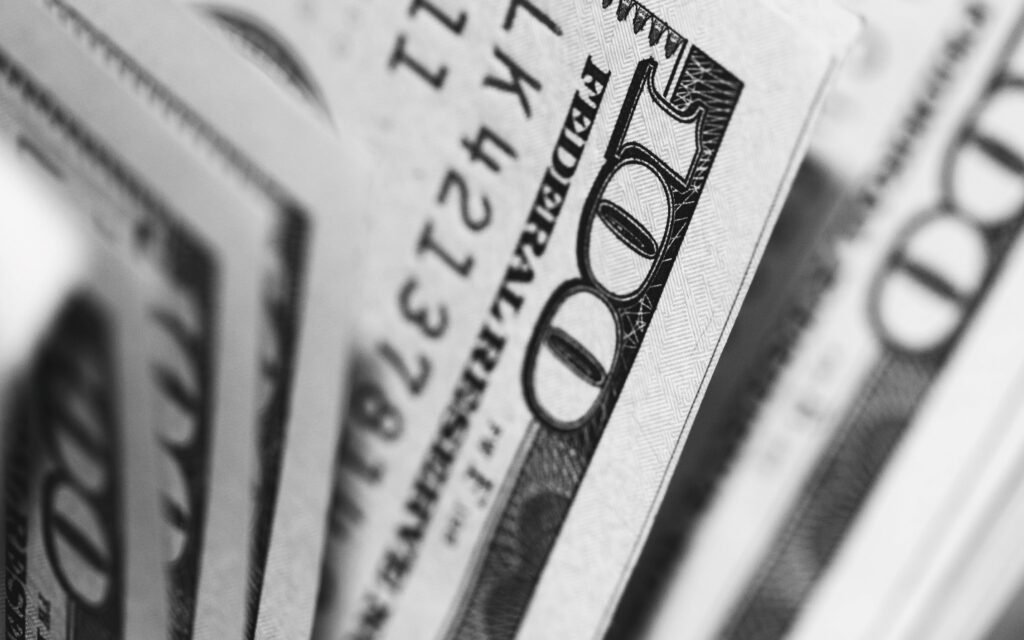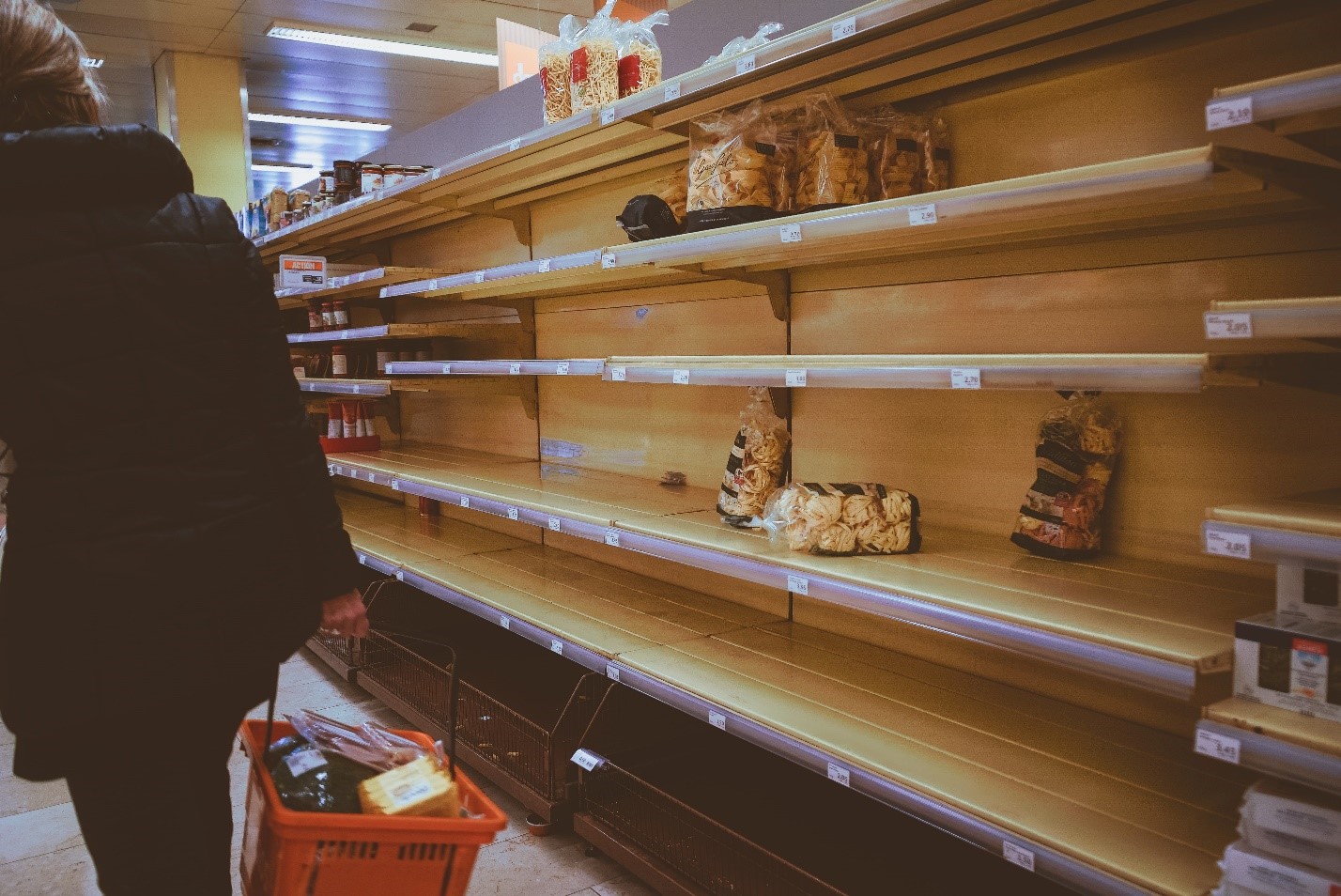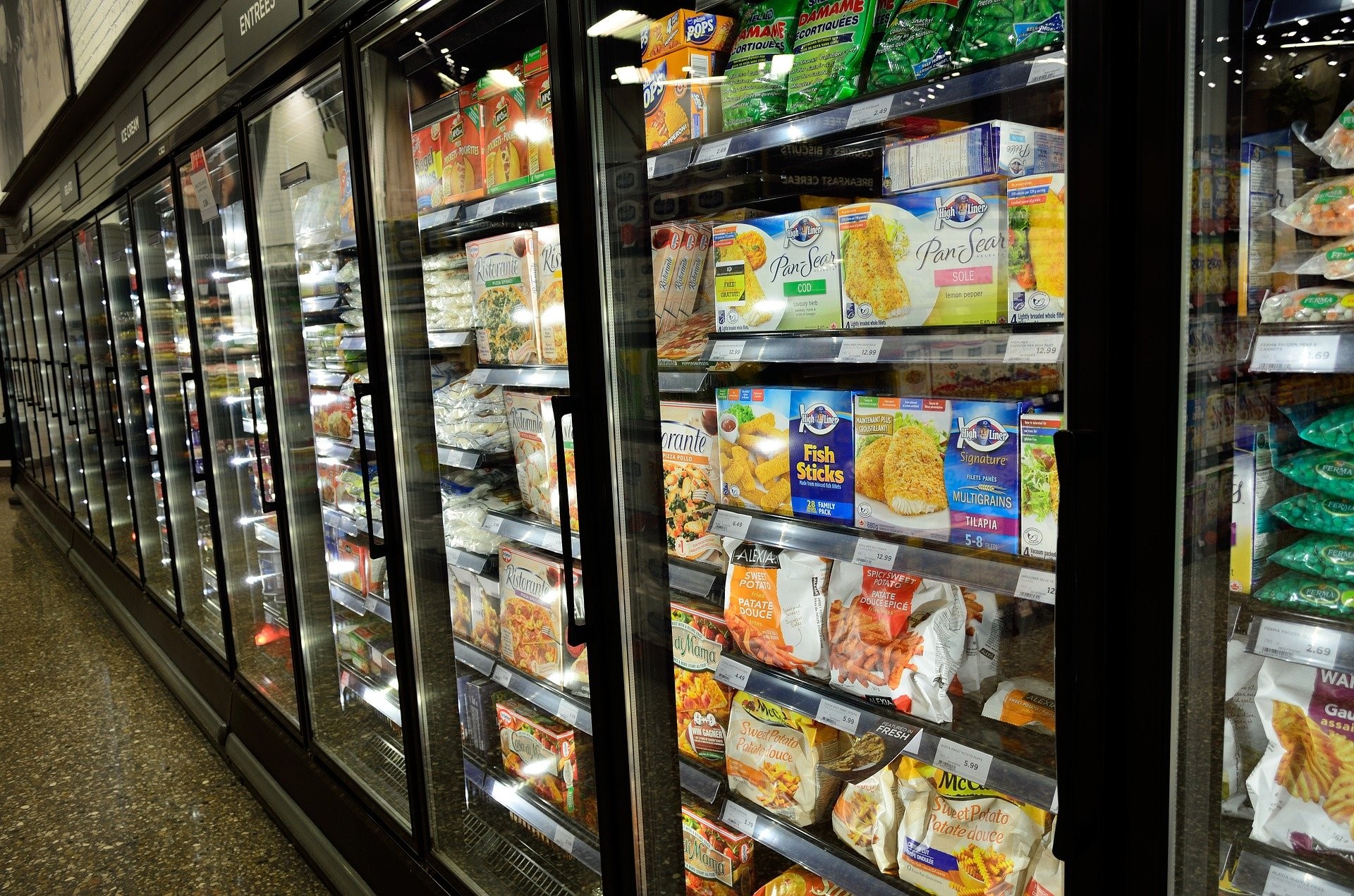Despite the difficulties inflicted on the food and beverage industry, the COVID-19 bump has the industry soaring thanks to stockpiling and panic buying. In Forbes’ Global 2000, a list ranking the world’s largest publicly traded companies, the top 25 food companies generated $815 billion in revenue in the past year, up slightly from $800 billion in revenue in 2019. Profits for the sector also increased to $91 billion from $80 billion last year.
Nestlé maintained its spot as the world’s largest food company, holding onto the top seat in the industry as sales of its frozen staples like Hot Pockets, Stouffer’s and DiGiorno surge alongside coffee brands like Nespresso. The Swiss-based conglomerate saw 30 percent of sales from the US and added overtime shifts to many of its nearly 70 stateside factories to meet increased demand.
Related: These are the Food and Beverage Companies that are Staying Agile During the COVID-19 Pandemic
Nestlé’s profit neared $13 billion last year, an increase of 30 percent. It’s one of the key metrics that Forbes uses each year to analyze companies as part of the Global 2000 list — the comprehensive ranking of the world’s most powerful public companies as measured by a composite score of revenue, profit, assets and market value. On the list overall, Nestlé ranked number 41, up one spot from last year.
After Nestlé was PepsiCo, which posted $68.2 billion in sales with a profit of $7.2 billion. The popular food and beverage company boasts a complementary portfolio of brands, including Frito-Lay, Gatorade, Pepsi-Cola, Quaker and Tropicana. PepsiCo preserved its high-ranking status in the North American beverage segment with brands such as Pepsi, Gatorade, Mountain Dew and Aquafina dominating the market. The company ranked number 87 on the list overall.
Unsurprisingly, not far behind PepsiCo was its main competitor, the Coca-Cola Company. The iconic beverage company made $37.2 billion in sales and its profits neared $10 billion. Its brands include Coca-Cola, Diet Coke, Fanta, Sprite, Minute Maid, and Powerade, among a slew of others. The company entered 2020 with solid momentum, coming off strong results in 2019 according to a company press release. Through the end of February, Coca-Cola was on track to achieve its full-year 2020 targets. The company ranked number 96 on the list overall.
While it is not exclusively a food and beverage company, Netherlands-based conglomerate Unilever was fourth on the list in the sector with $58.2 billion in sales and $6.3 billion in profit. The company operates through the foods and refreshment segment, as well as the beauty and personal care and home care segments. The foods and refreshment segment includes the sales of soups, bouillons, sauces, snacks, mayonnaise, salad dressings and spreads. Unilever owns Hellmann’s, Knorr, Lipton and Breyer’s, as well as hundreds of other companies. The company ranked number 110 on the list overall.
Rounding off the top five list was Mondelez International, which made $26 billion in sales with $3.7 billion in profits. The snack food and beverage manufacturer produces beverages, biscuits, meals, chocolate, gum, and candy. It consists of the global food brands of Kraft Foods Inc., including Nabisco, Oreo, Cadbury, Milka chocolates and Trident gum. Mondelez ranked number 188 on the list overall.







Join or login to leave a comment
JOIN LOGIN